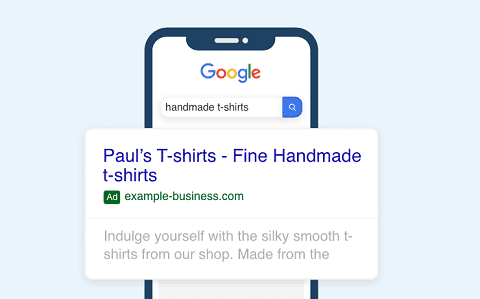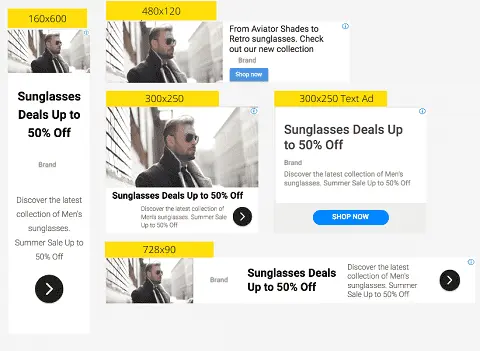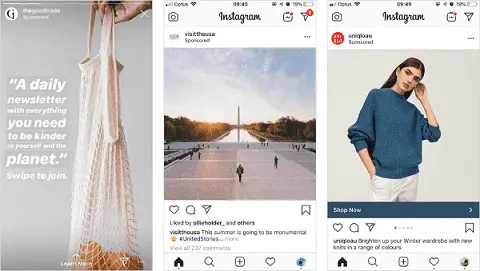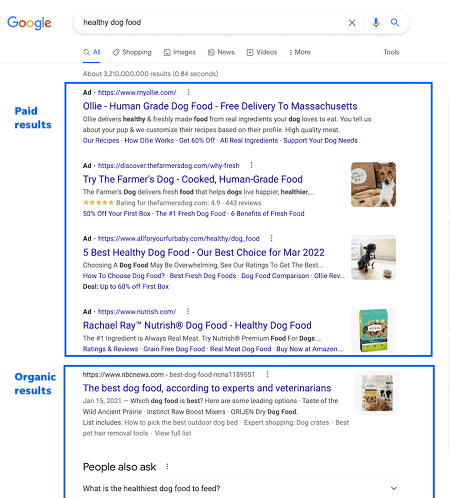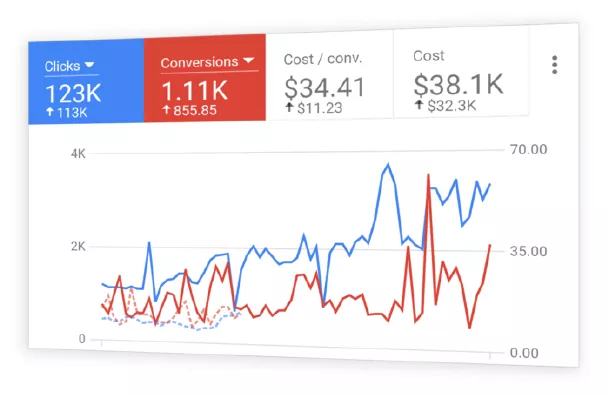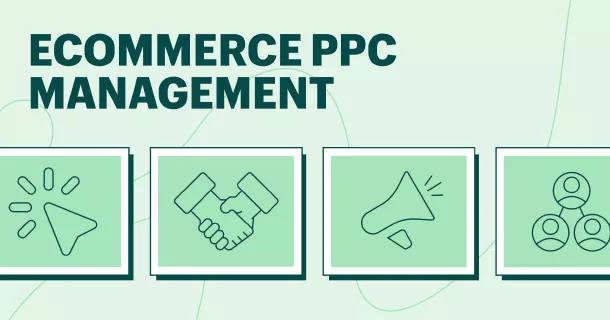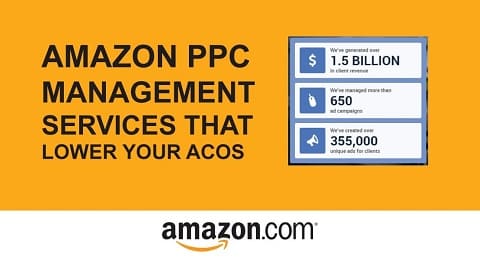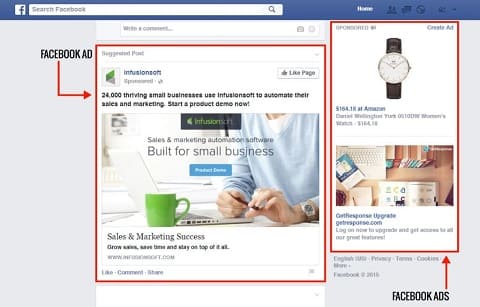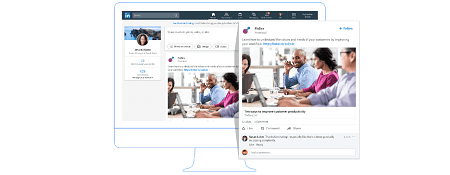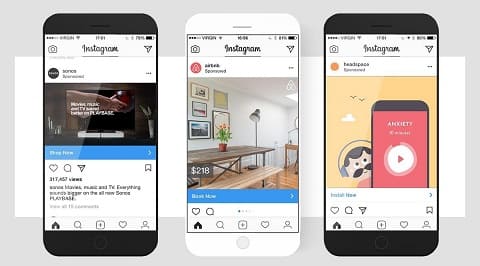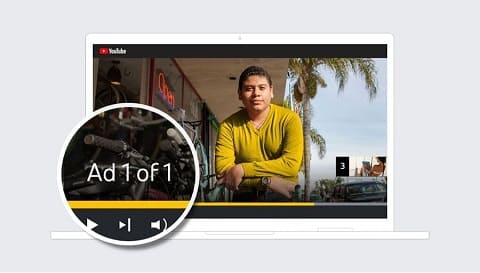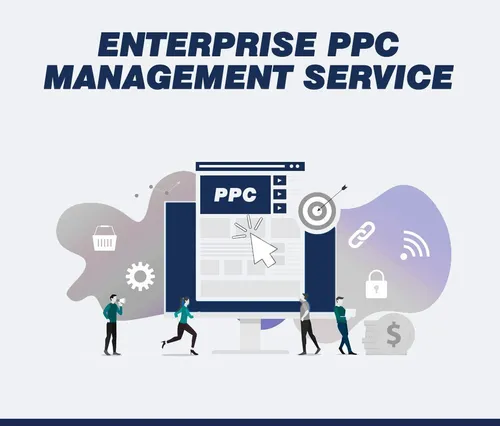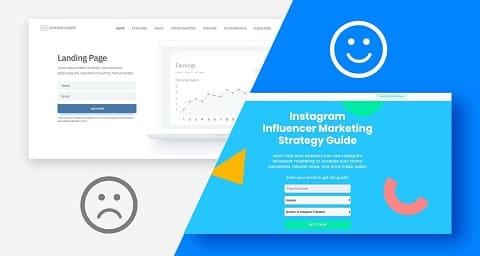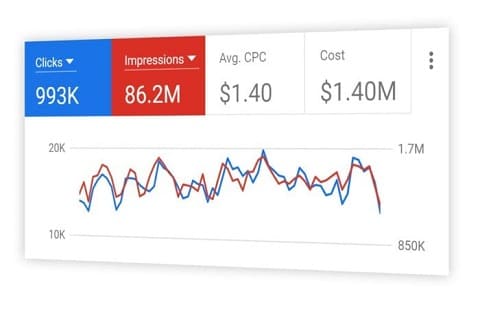What is PPC – Pay-Per-Click marketing?
PPC stands for pay-per-click. PPC is a form of online marketing where advertisers pay each time a user clicks on one of their ads.
The most common form of PPC advertising is through search engines, such as Google Ads, where advertisers bid on keywords and their ads appear at the top of search engine results pages (SERPs) when those keywords are searched for.
PPC advertising can also be done through social media platforms, such as Facebook and Instagram, and through display advertising on websites.
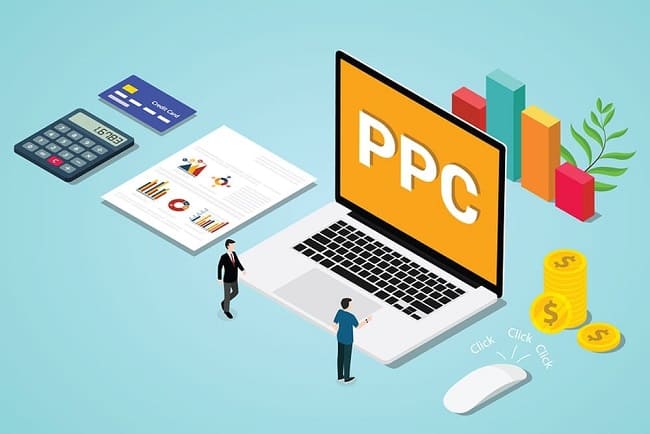
Frequently Asked Questions
Pay-per-click, or PPC, is a form of advertising that allows you to pay a fee to have your website on the search engine result page (SERP) when someone types in specific keywords or phrases to the search engine. The SERP will display the ads you create to direct visitors to your site, and the fee you pay is based on whether people click your ad.
Pay-per-click (PPC) management describes the process of tracking an organization's PPC marketing campaigns and measuring its advertisement expenses. Depending on a company's needs, its executives may hire internal marketing staff or employ the services of an external advertisement agency.
PPC or pay-per-click is a type of internet marketing which involves advertisers paying a fee each time one of their ads is clicked. Simply, you only pay for advertising if your ad is actually clicked on.
PPC management companies oversee the online paid advertising efforts of their clients. For those unfamiliar with the term, PPC stands for pay-per-click and encompasses a broad range of digital ad formats, from the search ads you see at the top of Google to video ads you see on YouTube.
PPC or pay-per-click is a type of internet marketing that involves advertisers paying a fee each time one of their ads is clicked. Simply, you only pay for advertising if your ad is actually clicked on. It's essentially a method of 'buying' visits to your site, in addition to driving website visits organically.
Several popular platforms offer PPC advertising solutions. Google, Microsoft Bing and Facebook are among the most popular.
Different types of ad platforms can show various results in the form of search, display, remarketing, and video (on YouTube or Facebook/Instagram Reels). For the sake of brevity, we’ll focus on the two programs that stand out the most and cover all ad types: Google and Facebook.
- Google Ads
- YouTube
- Facebook Ads
- Instagram Ads
- Instagram Ads
PPC SERVICES : Drive Sales With PPC Management Services
Pay-per-click (PPC) management services provide a professional service to manage your PPC campaign and strategy for a set fee.
PPC Management Services
Pay-Per-Click (PPC) management services are a form of advertising in which a service provider is hired to run advertisements on search engines, social media platforms, and other relevant channels in order to drive traffic to a website through click-through rates and/or website visits. A Pay-Per-Click management agency is aware of the objectives of its client and is committed to helping them reach their buyers, regardless of whether they are running Google Ads, Facebook Ads, or other forms of advertising.
Contact us
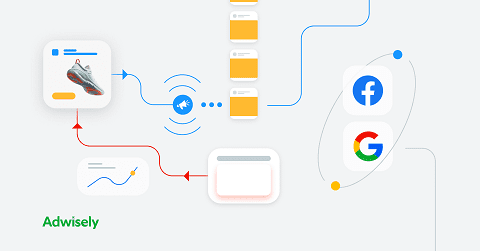
Remarketing Ads
Ads for remarketing are displayed to people who have visited your website and expressed interest in buying. With accurate audience segmentation and analytics, we can show you the ads for real-time products that people have actually viewed. With such a high-intent audience, our strategic remarketing strategy is perfect for following up.
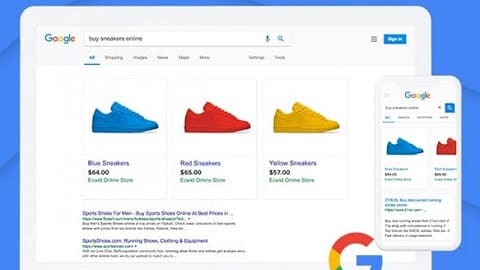
Google Shopping Ads
Google Shopping Ads (also known as Google PLA Ads or Google Shopping Ads) are an ideal tool for ecommerce and online retail businesses, as they are displayed in the carousel above the natural search results and in the shopping section of Google's GDN. This allows ecommerce companies to quickly rank their products at the forefront of Google's search results pages.
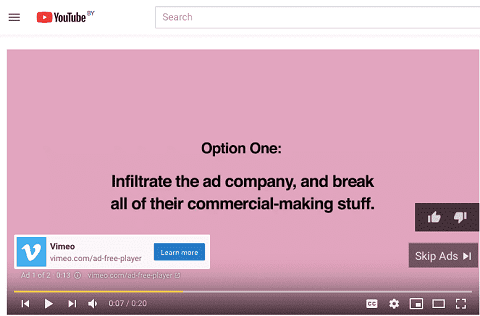
In-stream Ads
In-stream advertisements are also referred to as YouTube ads. Pay-per-click (PPC) ads are displayed on the search results page of YouTube, on YouTube videos, and on Display Network video partners. YouTube ads showcase your brand in a distinctive and memorable manner. In-stream ads have recently been introduced on Facebook, enabling businesses to position advertisements in the optimal slots and natural interruptions in video content.
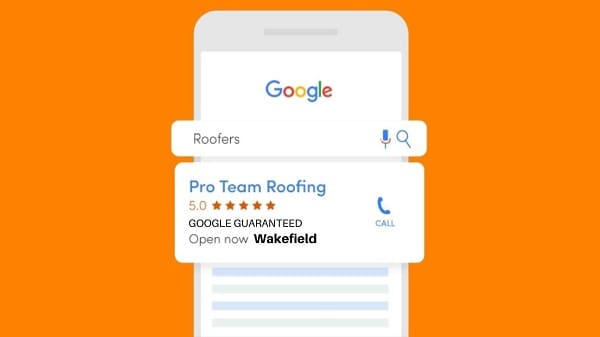
Local Services Ads
Local service ads work on a pay-per-click (PPC) model. That means you’re not paying for clicks that aren’t leads. Local service advertising is only available in a handful of markets. HVAC company, electrician, plumber and locksmith are just a few examples. Our local service PPC firm works with local providers to increase the visibility of their businesses to their target audience.
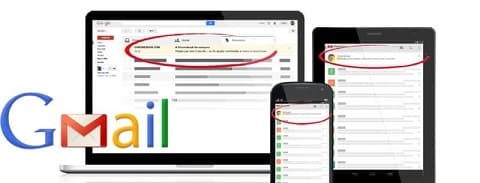
Gmail Sponsored Promotions (GSP)
One of the most widely used forms of advertising in Gmail is GSP, which was launched in 2015. GSP (Gmail Sponsored Promotion) allows recipients to send a customised message to a specific recipient. GSP is a form of advertising provided by Google, which is advertising that is placed directly in the inbox of the Gmail user.

